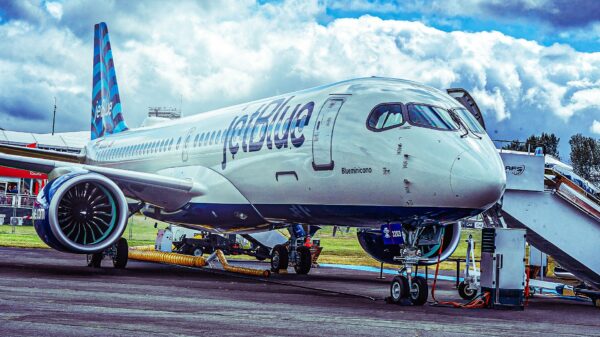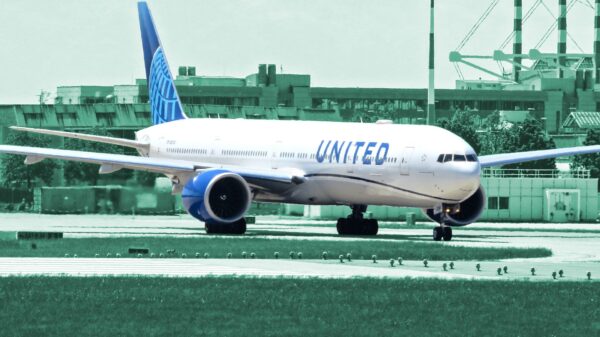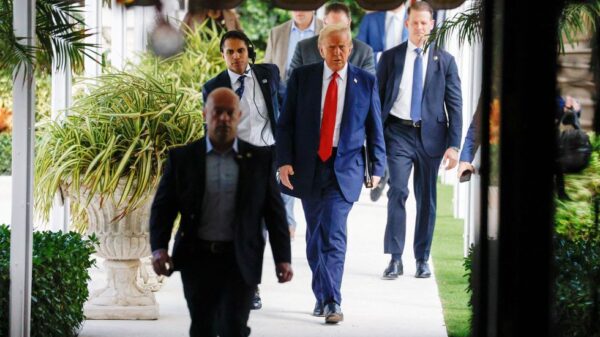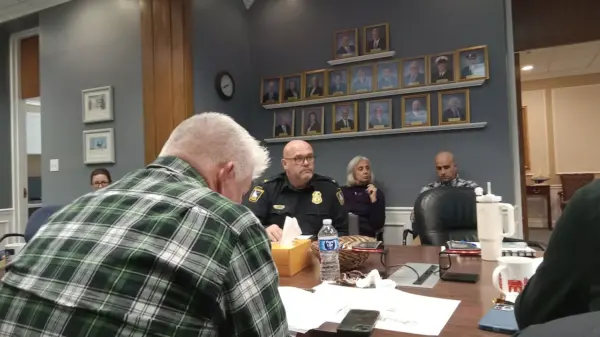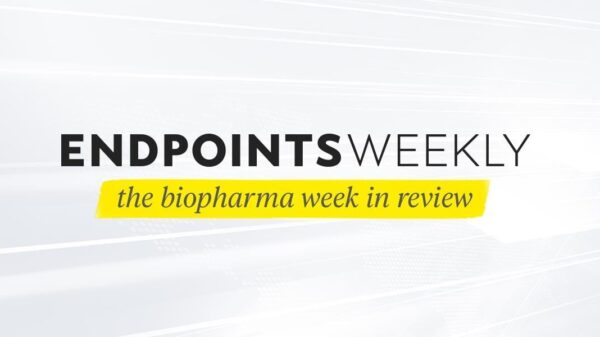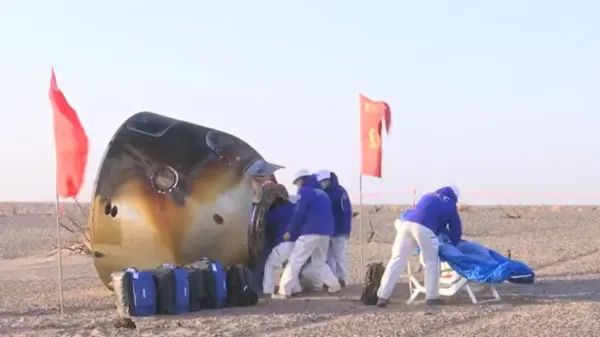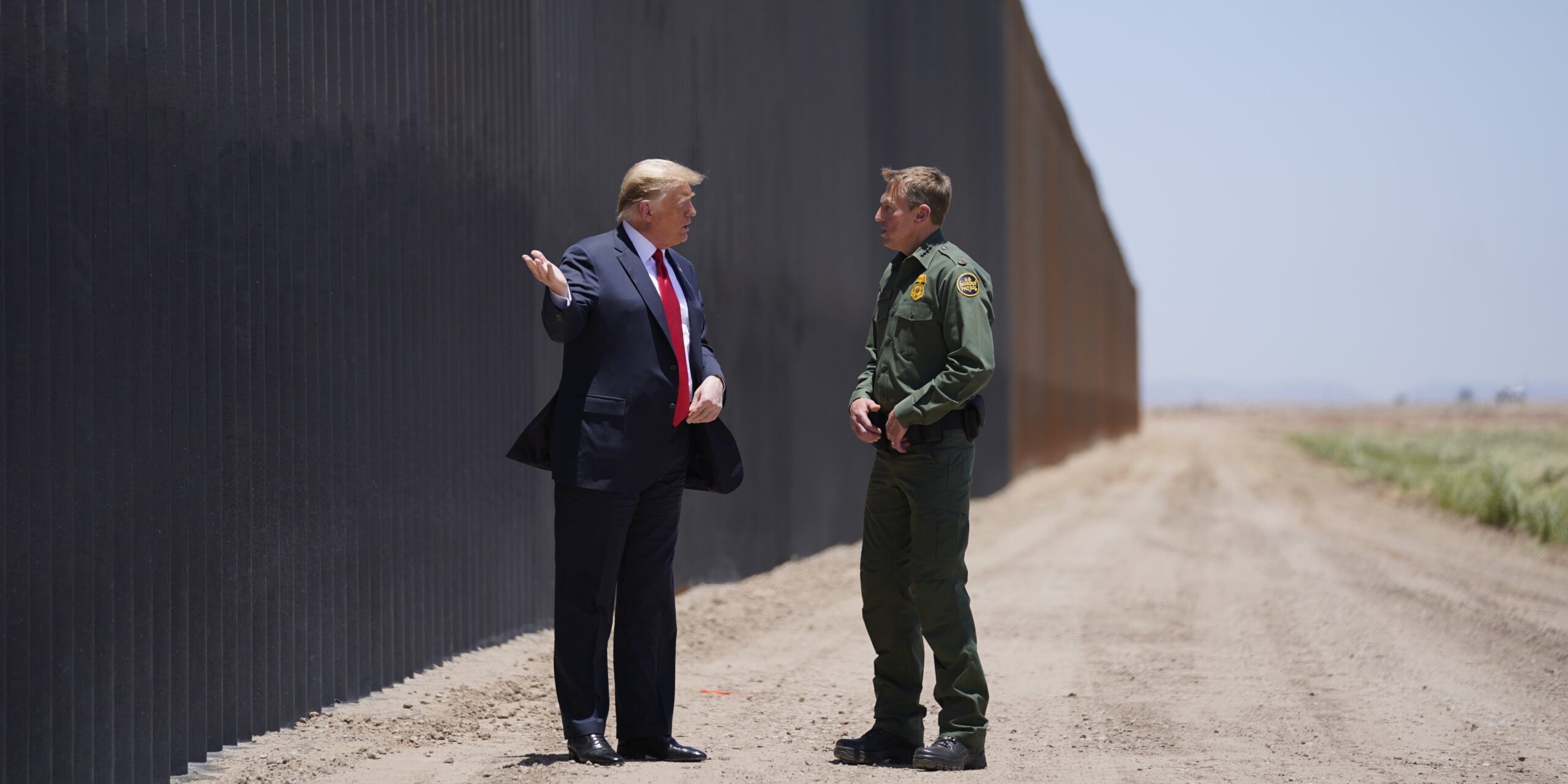UPDATE: More than 30 humanitarian and advocacy groups have urgently called on Congress to intervene and block President Donald Trump from launching military action against drug cartels in Mexico. These organizations warn that such actions could escalate violence, destabilize the region, and deepen the ongoing crisis surrounding drug trafficking.
According to a report from The Intercept, President Trump has secretly signed a directive empowering the Pentagon to use military force against select Latin American drug cartels labeled as terrorist organizations. This alarming move has sparked immediate backlash from a coalition including the Alianza Americas, Drug Policy Alliance, and Win Without War, who assert that the melding of military strategies from failed wars on drugs and terror will only exacerbate violence and undermine community safety.
In a letter sent to key congressional leaders on January 12, 2024, the coalition implores lawmakers to act swiftly in preventing a new conflict without public debate or accountability. They emphasize the need for congressional hearings to evaluate the proposed military actions and their potential ramifications on diplomatic relations and human rights in the region.
The urgency of the situation escalated following the State Department’s designation of several Mexican drug cartels, including the Sinaloa Cartel and CJNG, as foreign terrorist organizations. This status enables the U.S. to impose severe sanctions and restrict financial transactions, intensifying the situation on both sides of the border.
Trump’s recent comments hinting at deploying U.S. commandos into Mexico and threats from Defense Secretary Pete Hegseth regarding military action have raised alarms. The coalition of advocacy groups cautions that such unilateral military operations could lead to severe human rights violations and increased criminal violence in Latin America, which would ultimately hinder efforts to combat drug trafficking effectively.
Mexican President Claudia Sheinbaum publicly rejected the idea of U.S. troops operating on Mexican soil. However, cooperation has been evident, as Mexico recently extradited 26 suspected cartel members to the U.S., highlighting a complex relationship between the two nations in tackling drug-related crime.
The U.S. has invested over $1 trillion in its war on drugs since its inception in 1971, resulting in nearly 1 million arrests annually for drug-related offenses. This ongoing crisis has led to devastating impacts, with one in three Americans personally affected by drug overdoses. Critics argue that militarized responses will only further entrench the cycle of violence and displacement, rather than addressing the root causes of drug trafficking.
In a statement to The Intercept, Sara Haghdoosti, executive director of Win Without War, condemned the potential military actions as illegal and reckless, stating, “Launching military action in Latin America without congressional authorization would betray our democratic process.” She emphasized that the administration’s approach prioritizes military solutions over essential public health programs that could save lives.
As tensions rise and the potential for military engagement looms, the coalition of advocacy groups is urging Congress to take immediate action to prevent escalation and to prioritize diplomatic solutions over military interventions. The outcome of this critical moment could reshape U.S.-Latin American relations and have lasting implications for communities affected by violence and drug trafficking.
WHAT’S NEXT: Congress must respond quickly to this urgent call to action. Watch for updates as the situation develops and congressional hearings are organized to address these serious issues.









